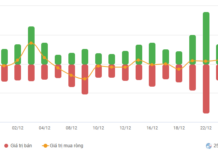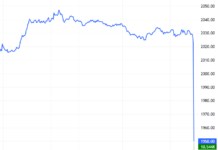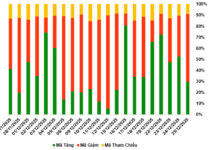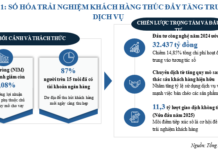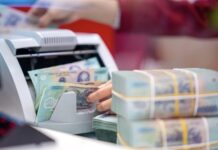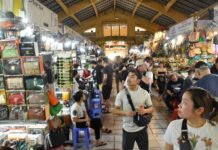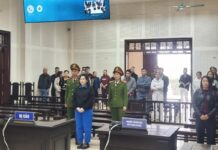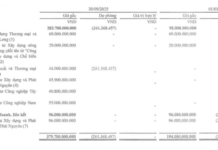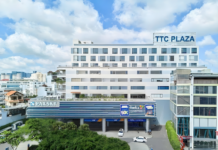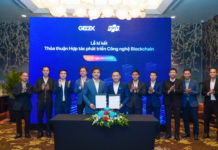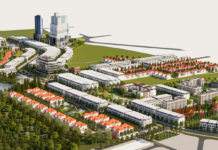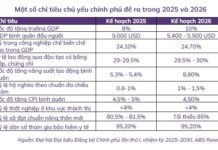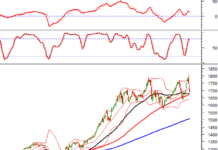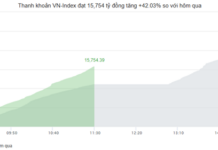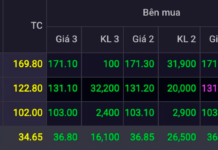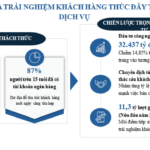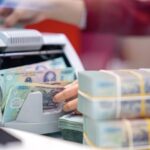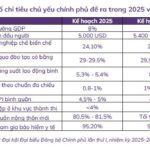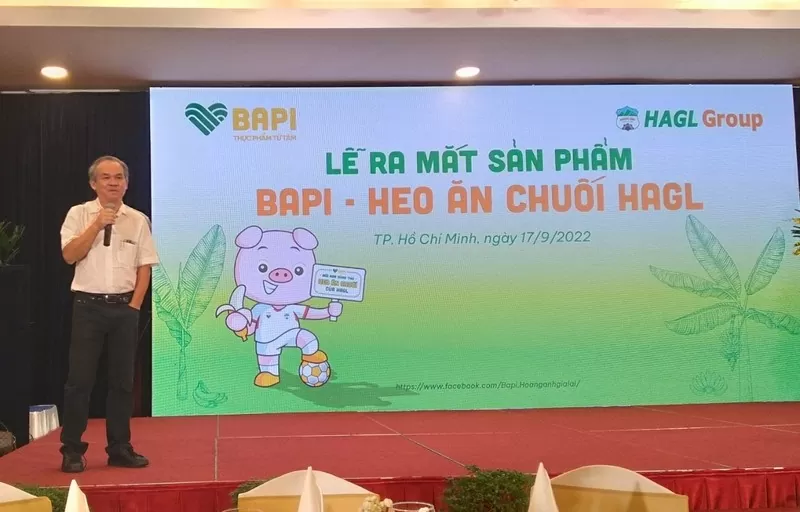In parallel, the 2024 ESG Report was also published, reflecting Fico-YTL’s unwavering commitment to adhering to environmental, social, and governance standards while laying a solid foundation for sustainable development.
Doing the Unprecedented: “Self-Declaring Green Label”
Fico-YTL is the first company in Vietnam’s construction materials industry to self-declare a green label instead of seeking certification from foreign organizations. Mr. Nguyen Cong Bao, CEO of Fico-YTL, shared that this is a result of over five years of production following sustainability and eco-friendly criteria. Fico-YTL’s products continue to meet Vietnamese (TCVN) and American (ASTM) standards and have attained the highest green label rating from SGBC. The company utilizes the Life Cycle Assessment (LCA) tool for Environmental Product Declaration (EPD) to calculate the CO₂ emissions of each ECOCem-labeled cement product.
The ECOCem products have CO₂ emissions ranging from 350-600 kg CO₂/ton. Compared to regular Portland cement, which emits approximately 850 kg CO₂/ton, ECOCem-labeled cement reduces emissions by 30-70%, depending on the product.
Specifically, for the domestic cement bag, the CO₂ emissions of the ECOCem bag are around 470 kg CO₂/ton, 80-130 kg CO₂/ton less than the typical cement bag (550-600 kg CO₂/ton). This means that when using four bags of ECOCem domestic cement instead of four bags of regular cement, customers will reduce over 21 kg of CO₂ emissions, equivalent to the amount of CO₂ absorbed by a mature tree in a year.
Fico-YTL representatives pledged to adhere to the declared quality criteria and take responsibility for their actions, aiming to transparent their green transformation efforts and simplify product selection for customers. The ECOCem product not only has low emissions but also offers competitive pricing due to investments in automation, high-efficiency equipment, research, and development of low-clinker cement, and the use of alternative raw materials, helping to maintain stable prices while producing greener products.
Robust ESG Practices
Soon after the multinational YTL Group became a strategic partner in 2019, Fico-YTL announced its 2025 sustainability goals based on the economic, social, and environmental model. Since then, the company has made significant progress toward this objective.
Following the YTL Group’s strategic partnership in 2019, Fico-YTL set its 2025 sustainability targets based on the economic, social, and environmental model. The company has achieved numerous positive outcomes since then. In four years, Fico-YTL has reduced CO₂ emissions equivalent to planting 19.44 million trees. Specifically, 1.84 million trees in 2020, 3.3 million trees in 2021, 5.5 million trees in 2022, and nearly 8.8 million trees in 2023. 2023 also marked the year Fico-YTL released its first ESG report. This year, Fico-YTL proudly released its 2024 sustainability report, detailing its impressive achievements.
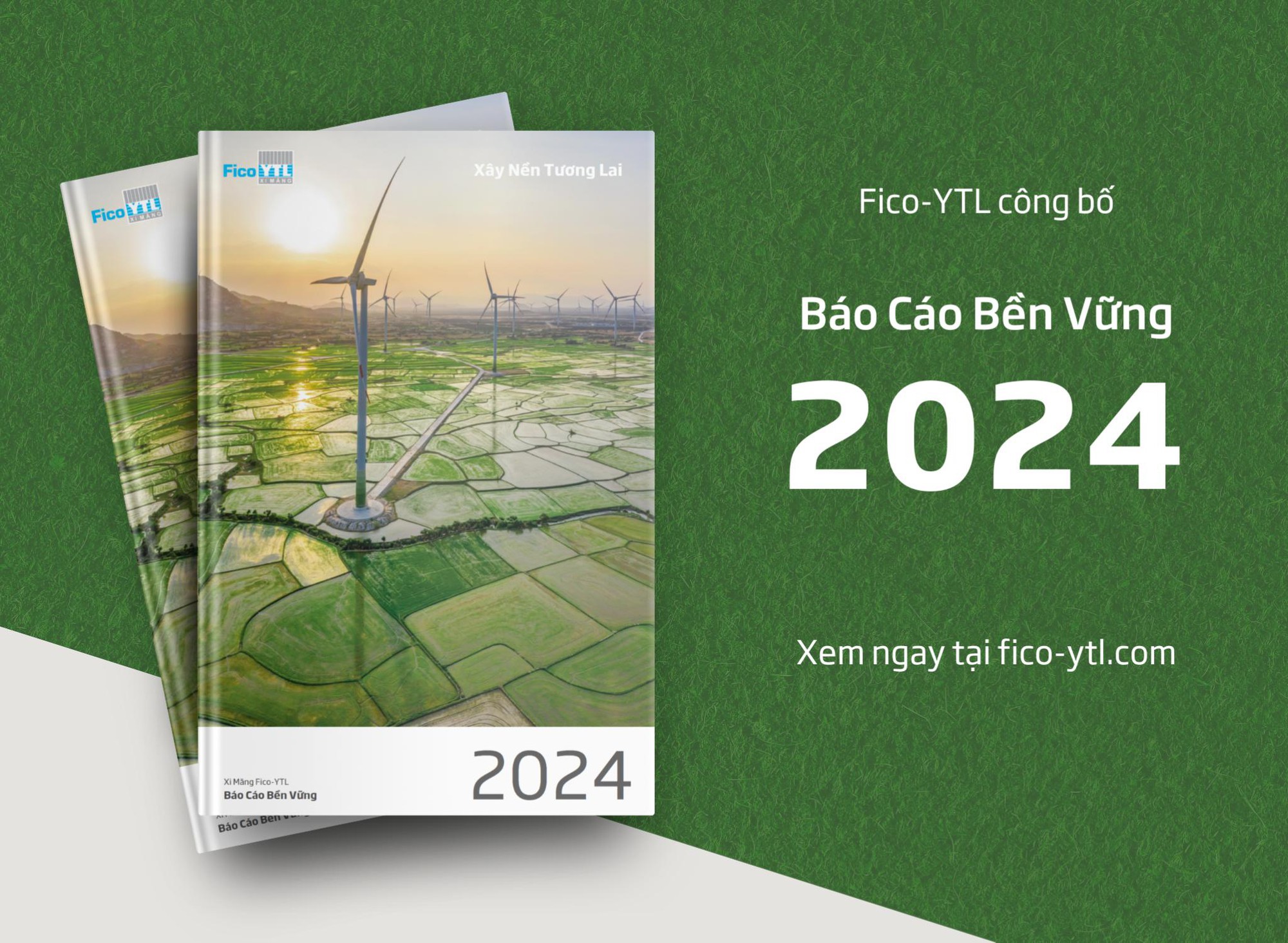
Fico-YTL Releases 2024 Sustainability Report
According to the report, in the 2024 fiscal year, the clinker factor decreased by 3% compared to the same period in 2023, reaching 53.6%. Additionally, we reduced net CO₂ emissions from 486kg CO₂ to 476kg CO₂ per ton of cementitious material by increasing the use of alternative fuels in production. Fico-YTL has also updated its carbon neutrality roadmap for 2050, focusing on enhancing production efficiency through automation, digitalization, and process optimization in the medium term. The company is exploring the use of renewable energy to reduce CO₂ emissions.

